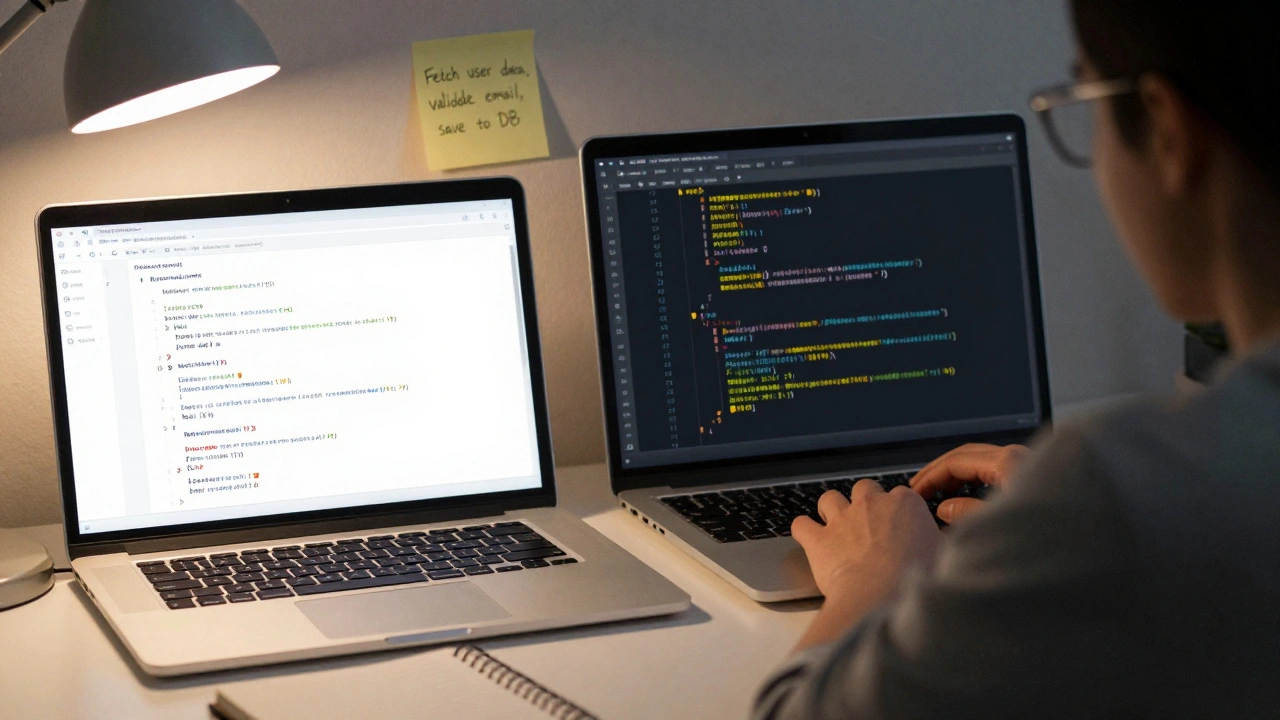Programming Best Practices: Clean, Fast, Reliable Code
If you want fewer bugs and faster delivery, follow solid programming best practices every day. Start by writing clear, small functions that do one thing. Name variables and functions so they tell a story; you should read code like a simple sentence. Keep modules focused and avoid dumping unrelated responsibilities into the same file. Small pieces are easier to test, review, and change.
Test early and test often. Unit tests catch regressions before they reach users. Add a few integration tests for key flows and run them in continuous integration. A green CI build means you can move faster without breaking things. If a test fails, fix it before adding new features. Tests are documentation too: they show how your code is supposed to behave.
Use code reviews to share knowledge, not just to find mistakes. Keep reviews short and focused. Agree on a style guide to cut down bikeshedding. Automated linters and formatters remove style debates and save time. When you leave notes, explain why a change helps; context beats vague comments.
Make debugging easier with clear logging and error messages. Log enough context to reproduce issues but avoid leaking secrets. Use structured logs when possible so you can query them later. Readable stack traces and consistent error codes speed up troubleshooting. When fixing bugs, write a test that captures the bug so it never comes back.
Prefer simple solutions over clever ones. Complexity is the main cause of slow projects. Apply YAGNI — you probably do not need that future-proof design today. Design modular interfaces so parts can change independently. When you add a dependency, check how it affects size, build time, and maintenance.
Measure before optimizing. Profilers show where code actually spends time. Cache only when it solves a measured problem. Avoid premature micro-optimizations that complicate logic. Use async and batching where they clearly reduce latency or cost. Keep performance tests with your suite if speed matters.
Write practical README files that show how to run, test, and deploy the project. Keep setup scripts minimal and repeatable. Document common pitfalls and shortcuts for new contributors. Short onboarding notes save hours and prevent repeated questions.
Daily habits that work
Commit small changes, run tests locally, and push often. Use feature branches and small pull requests. Refactor when you have a clear improvement, but avoid rewriting stable code without need. Track tech debt and schedule time to pay it down.
Final practical checklist
Make a short checklist: small functions, tests, CI, code reviews, logs, simple design, measure performance, and clear docs. Keep that list visible and revisit it when projects stall. Consistent habits beat occasional brilliance.
Try pairing with another developer for tough bugs and learn new patterns during reviews. Use keyboard shortcuts and snippets to shave minutes off repetitive work. Keep a personal log of tricky problems and their fixes; you will reuse that knowledge. Every week, pick one refactor that reduces complexity by a measurable amount. Ship smaller, learn faster.


